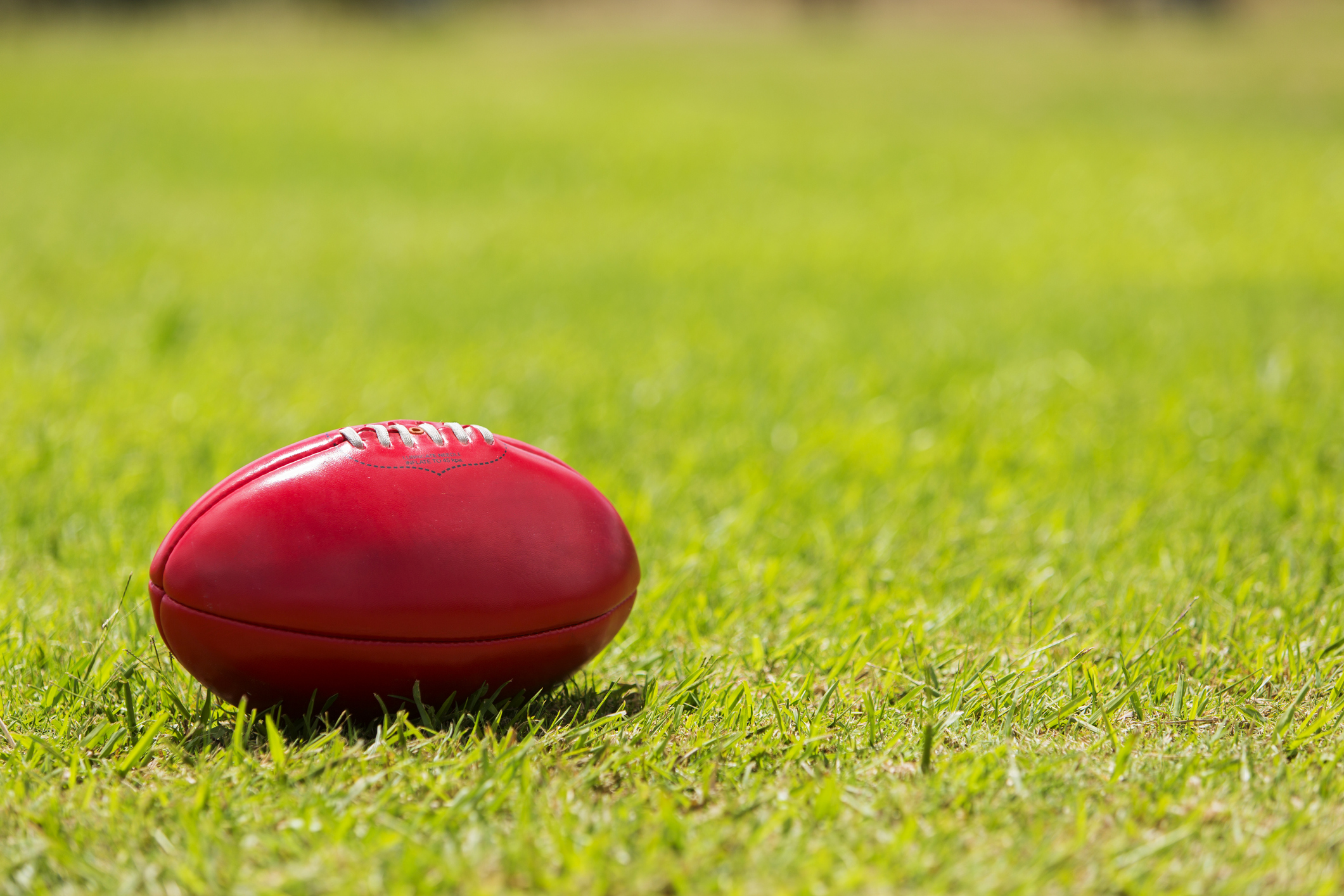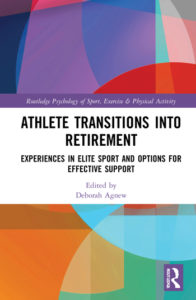
Delisted AFL footballers are often unprepared for the end of their footballing careers but playing state-level football could aid in providing them with a sense of stability and purpose, say Flinders University researchers.
Dr Deb Agnew and Elizabeth Abery from Flinders University’s College of Education, Psychology and Social Work interviewed 10 footballers delisted from the Australian Football League (AFL) about their post-AFL lives and their decision to continue playing in South Australia’s top tier competition, the South Australian National Football League (SANFL).
“Upon being drafted into the AFL, most young men have the firm belief that they will have a long and successful career, but this is unfortunately far from the reality,” says Dr Agnew.
“Being delisted – rather than a player choosing to retire – is especially rattling for a professional AFL player, or any sports person, as it takes away an athlete’s ability to choose their own timing for transitioning away from the sport.”
One player reported their delisting was a particularly trying time:
“Pretty much a pretty horrible job. They pretty much got me in the office, just said “look sorry…we don’t see you as a long-term player at our football club. Thanks for your services. See you later. Here’s a cardboard box. Literally ‘here’s a cardboard box, put your stuff in it.’
“Am I good enough? Was I good enough? Will this be the only thing that defines me as a person?”
However, the authors say, if a player decides to continue playing, albeit in a lower semi-professional tier, they were able to gain back a sense of control.
The authors found that in continuing to play the game the players also received practical support, including assisting with housing and employment, and activities beyond playing, such as mentoring their younger teammates, gave the players a sense of purpose; something that can be lost following a delisting.
“In choosing to not walk away from the game completely, the players received structure and purpose, as well as financial support, and that sense of controlling their own pathway was a major positive step in ensuring their well-being,” says Dr Agnew.
The research serves as a chapter within the book, Athlete Transitions into Retirement: Experiences in Elite Sport and Options for Effective Support, published in 2021.

Edited by Dr Agnew, it explores the transition of professional athletes into retirement, highlighting their issues and needs and providing practical considerations.
“The difficulty for athletes is not that they cannot do anything else but that they often do not want to do anything else,” says Dr Agnew.
“Athlete’s careers however are relatively short and depending on the timing of their retirement, injury or delisting they could have up to 30 years in which to forge another career.”
The book covers sports and sports people from around the world from a number of perspectives, including football in the UK, collegiate athletes in the US, Paralympians and those forced to retire due to injury.
“While no experience is the same, regardless of the circumstances surrounding why an athlete is stepping away from sport they will be faced with a transition period,” says Dr Agnew.
“Not coping with that transition can lead to a crisis with negative consequences for the athlete so it’s vital we explore these stories and determine how best to support the myriad of professional sports people who go through these journeys every year.”
Considerations for elite athletes and their retirement
- There is not one way athletes are ‘supposed’ to experience retirement transitions; while there may be similar components, athlete transition experiences are unique and individual therefore designing intervention programs based on a one size fits all approach are unlikely to be successful.
- A whole-person, whole-career approach is needed and any care provided to athletes needs to be culturally specific and appropriate
- Athletes are often unwilling to ask for help so career assistance programs that place the onus on the athlete to ask for help will not be well utilised
- Assistance needs to be offered or be made part of an exit program from sport rather than requiring athletes to ask
- Retirement programs need to be accessible, relevant and target athletes at various stages of their career
- Assistance needs to be ongoing as it can take up to two years to successfully transition out of elite sport
- Athletes can and should be encouraged to take responsibility for decisions and actions themselves. This is particularly relevant for para-athletes who are positioned as dependent when they may not be
- Athletes need to be given space to explore opportunities and identities outside of sport
- Pre-planning for retirement is a crucial element in the successful transition out of sport; retirement cannot be an afterthought, not for athletes or for those who care for them both in and as they leave professional sport

